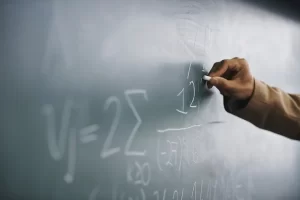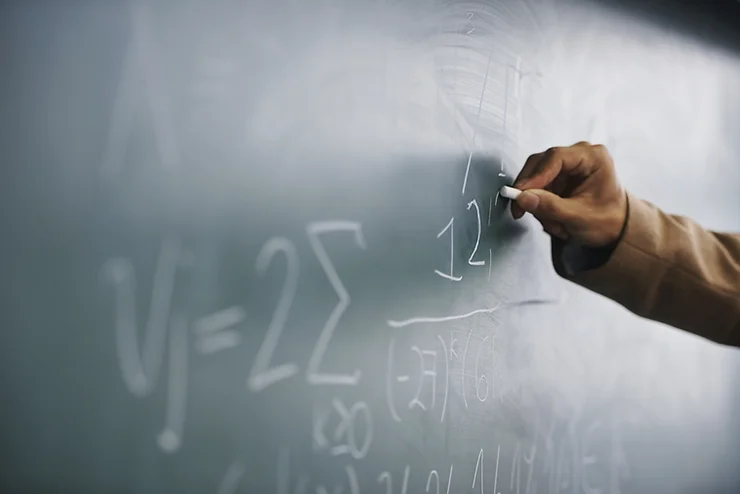No child WANTS to fail. It is such an obvious statement, yet it seems like many adults forget this, especially when they are working with students with learning differences. I know it can be frustrating when you have to repeat yourself for the 10th time, or when you find out they failed ANOTHER test because they rushed through it as fast as possible, but I want you to put yourself in their shoes and see the world from their perspective.
The first step to helping a student overcome their struggles (and the likely anxiety that has developed as a result) is to have empathy. By developing a deeper understanding of what it is like for our students, we can approach each meltdown, each blank stare, each outburst with compassion. In doing so, we are boldly demonstrating that we are there for them no matter what.
It is our job as the adults to know our children better than they know themselves. Watch for subtle cues so you can intervene before they (and you) get to a point of frustration. Are they starting to pick at their cuticles? Are they bouncing their legs? Are they trying to get off topic? This is when we, as adults, need to step back and figure out WHY they are behaving this way.
The video posted below is one of my all time favorites! (I watch it multiple times a year, every year.) I know it is a bit long, but it is worth it!












